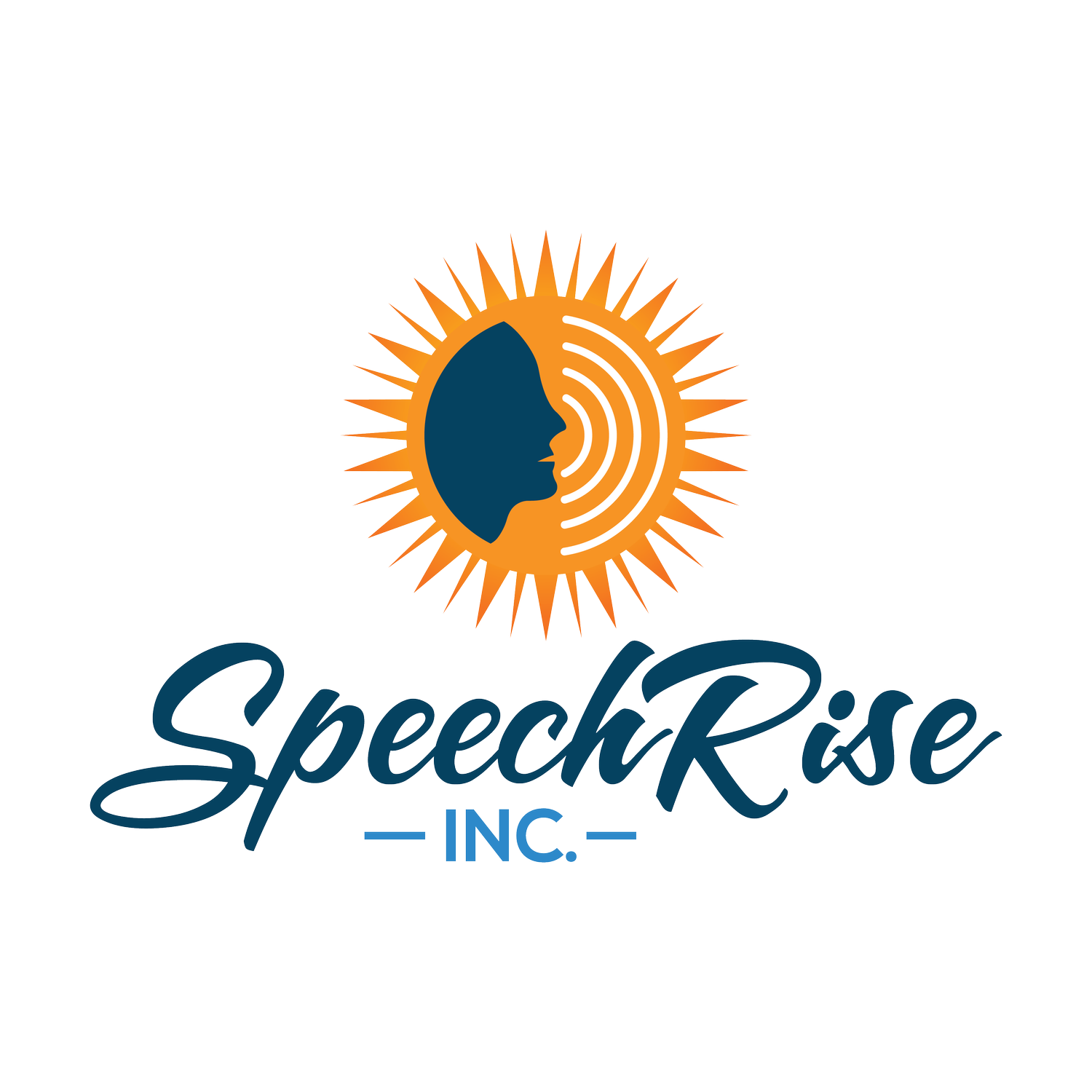How can speech therapy help my child?
Speech therapy, often referred to as speech-language pathology, is a field dedicated to helping individuals overcome communication challenges. Whether it's a child struggling with articulation or an adult recovering from a stroke, speech therapy plays a crucial role in enhancing verbal and non-verbal communication skills. In this blog, we will explore the key aspects of pediatric speech therapy, its benefits, and how it positively impacts the lives of those who seek its guidance.
Speech therapy involves the assessment, diagnosis, and treatment of speech, language, voice, fluency, and other related disorders. Speech therapists, also known as speech-language pathologists (SLPs), work with individuals throughout the lifespan and can begin speech sessions as early as the newborn stage. Speech therapy may be warranted to babies who experience feeding delays, who are late talkers, who struggle with joint attention and even those who exhibit delayed play skills.
Common Reasons for Seeking Speech Therapy:
1. Speech Sound Disorders: Many children experience difficulties in pronouncing sounds correctly. Speech therapy helps children articulate words and sounds more effectively. Specific speech sounds as mastered at specific ages. Children who have decreased intelligibility will benefit from speech therapy to improve their articulation skills. It is important to note that by 4 years old, a child should be 100% intelligible to an unfamiliar speaker. This does not mean all speech sounds are mastered by this age, but rather that the message is received clearly by the listener. For example, a child who still has trouble with the R sound may say “I want to weed a book” where the listener understands the child would like to read a book. The following speech sounds are acquired at the following ages:
Age 2 speech sounds: P B D M N H W
Age 3 speech sounds: T K G F NG Y
Age 4 speech sounds: SH CH S Z V J L
Age 5 speech sounds: R ZH TH(voiced)
Age 6 speech sounds: TH (voiceless)
2. Language Disorders: Children with language delays may struggle with understanding or using words in context. Speech therapists work on improving vocabulary, sentence structure, following directions, responding to questions, reading comprehension and more!
3. Stuttering (Fluency Disorder): Speech therapy provides techniques and strategies to manage and reduce stuttering, promoting smoother speech.
4. Voice Disorders: Some individuals may have issues with the quality, pitch, or volume of their voice. Speech therapy addresses these concerns to improve overall vocal health.
5. Communication Challenges in Autism: Speech therapy is valuable for individuals on the autism spectrum, helping them develop communication and social interaction skills. Use of AAC systems may also be beneficial to assist or augment verbal speech output.
The Benefits of speech therapy can be seen in a variety of ways.
1. Improved Communication Skills: The primary goal of speech therapy is to enhance communication, making it more effective and meaningful.
2. Boosted Confidence: We love to see children become more confident following speech therapy. Whether it be their new ability to say their name clearly, their academic success or their ability to make new friends, speech therapy helps to boost confidence and increase self-esteem!
3. Enhanced Social Interaction: Effective communication is key to successful social interactions. Speech therapy helps individuals connect with others more comfortably.
4. Academic Success: Children facing speech or language challenges may struggle academically. Speech therapy interventions can positively impact their academic performance. For example, children who struggle with reading may benefit from 1:1 speech therapy intervention to strengthen these skills. Following an intervention program, we see an improvement in academic success!
Speech therapy is a transformative journey that empowers children to overcome communication barriers. Whether addressing challenges in speech, language, fluency, or voice, the expertise of speech-language pathologists plays a pivotal role in unlocking the full potential of a child’s communication abilities.
